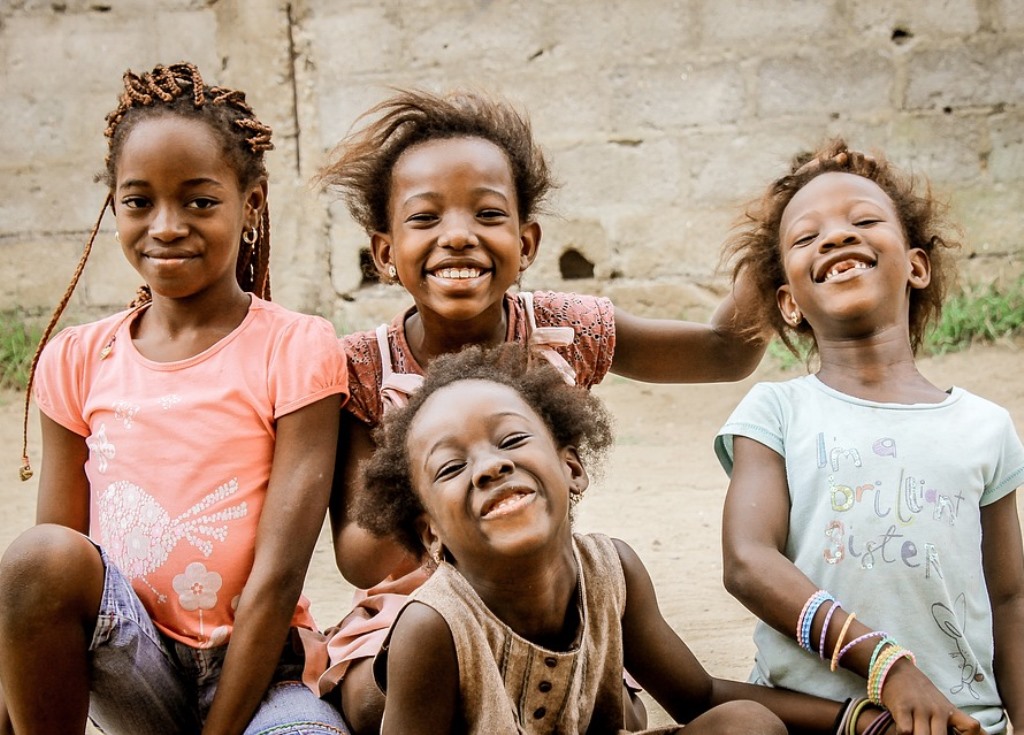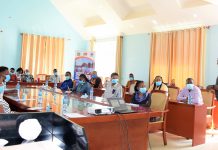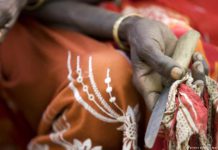AfricaPress-Tanzania: TANZANIA joins other countries across the world to mark International Day of the Girl Child today.
The day is celebrated each year on October 11 since it was established in 2012. Girls below 18 years of age are sexually abused or mistreated, simply because of their docility.
Their right to live free from discrimination, to have a name, nationality and to know their biological parents and extended family, to grow up with parents, to parental property, to opinion and a right to education are often violated.
The Law of the Child Act, 2009 stipulates the rights of a child in compliance with regional and international human rights instruments.
It further provides, as does Article 3 of the UN Convention on the Rights of the Child, that in all actions concerning children, the best interests of the child shall be of primary consideration. Is it so?
With the theme “My Voice, Our Equal Future” this year’s International Day of the Girl Child seeks to raise public awareness on the plight of girls, as they are constantly subjected to sexual abuse and exploitation, gender-based violence, female genital mutilation (FGM), forced marriage and child pregnancy, and thanks to the patriarchal system they are subordinated to boys.
This puts them at a disadvantage with regard to gender equality, assertiveness and the worthiness of human dignity.
Girls and, of course, children in general suffer a great deal when their parents or guardians separate or divorce.
So, as we celebrate this day, we want to keep in mind that girls have a right to a safe, educated and healthy life not only in their childhood, but also as they mature into women and mothers.
What we can do, therefore, is to ensure both girls and boys are equally treated and protected to realise their potential, and are groomed to mature as assertive and responsible adults who can change the world and make it a better place to live in for all.
Let us commit ourselves to valuing girls as we value boys, because in doing so we promote gender equality and as a nation we have committed ourselves to attaining the 50:50 ratio of men and women in leadership positions.
We can’t afford to wait or turn back, but start doing so right now!
Yesterday was also World Day Against the Death Penalty, marked each year on October 10 since 2003.
We mention it albeit, briefly because Tanzania is recognised globally as an abolitionist of the death penalty in practice – meaning that although we still retain it for ordinary crimes such as murder, treason and treasonable offences in our statute book, no convict on death row has been hanged to death in the last 10 years, and as far as Tanzania is concerned in the last 25 years.
Since 1995 no person on death row has been executed as the law provides. Human rights and abolitionists prefer life imprisonment to the death penalty on the grounds that it’s cruel, degrading, irreversible and irreparable in the event of human error, inhuman and offends human dignity.
In our opinion, this calls for debate to establish whether it is worth retaining it in the statute book, while in practice Tanzania is an abolitionist.







